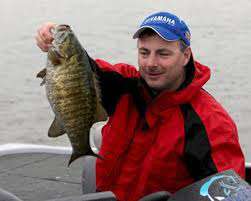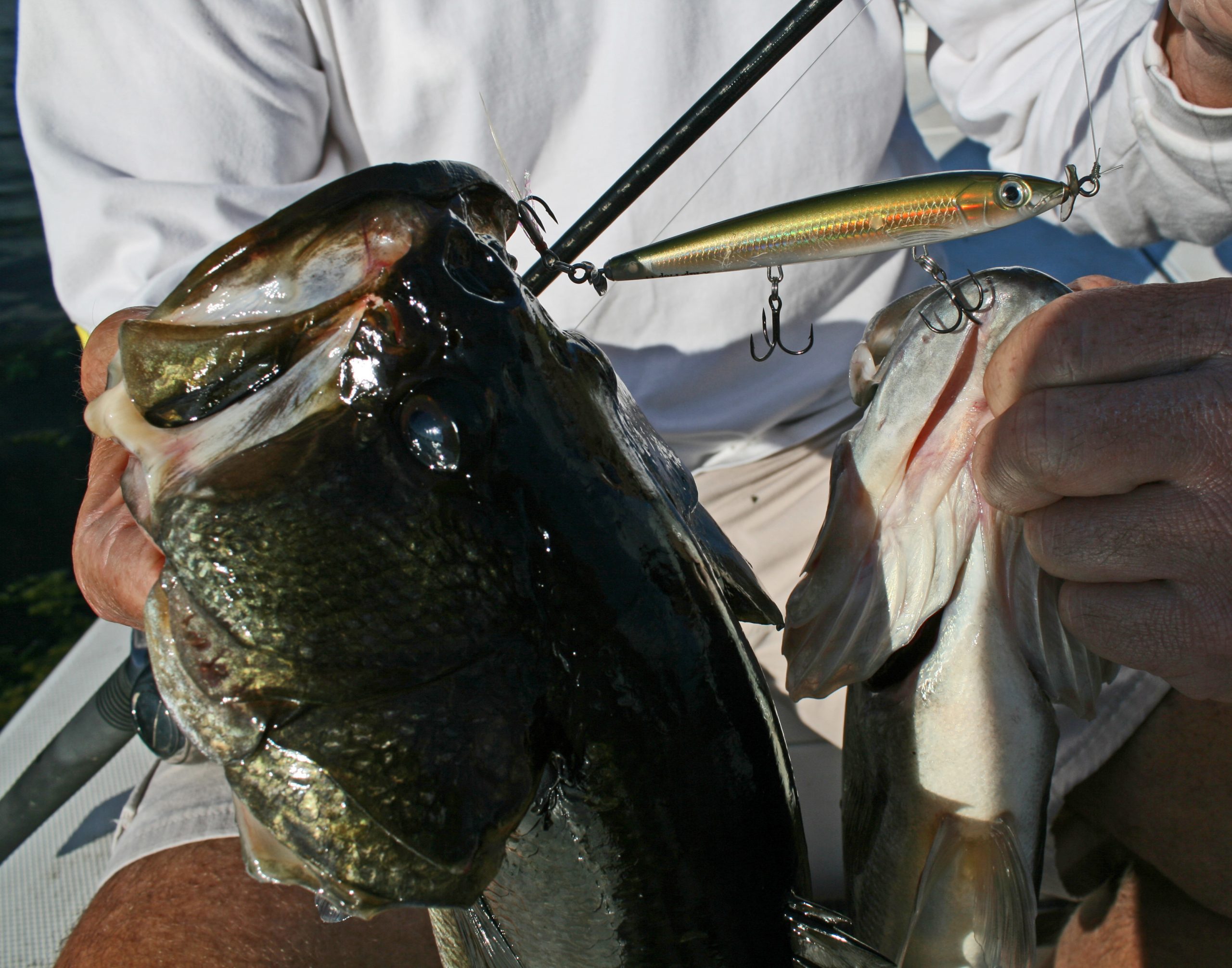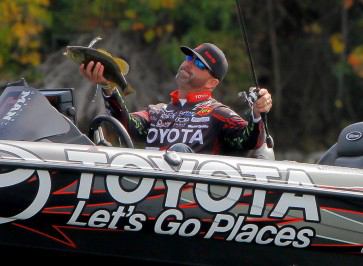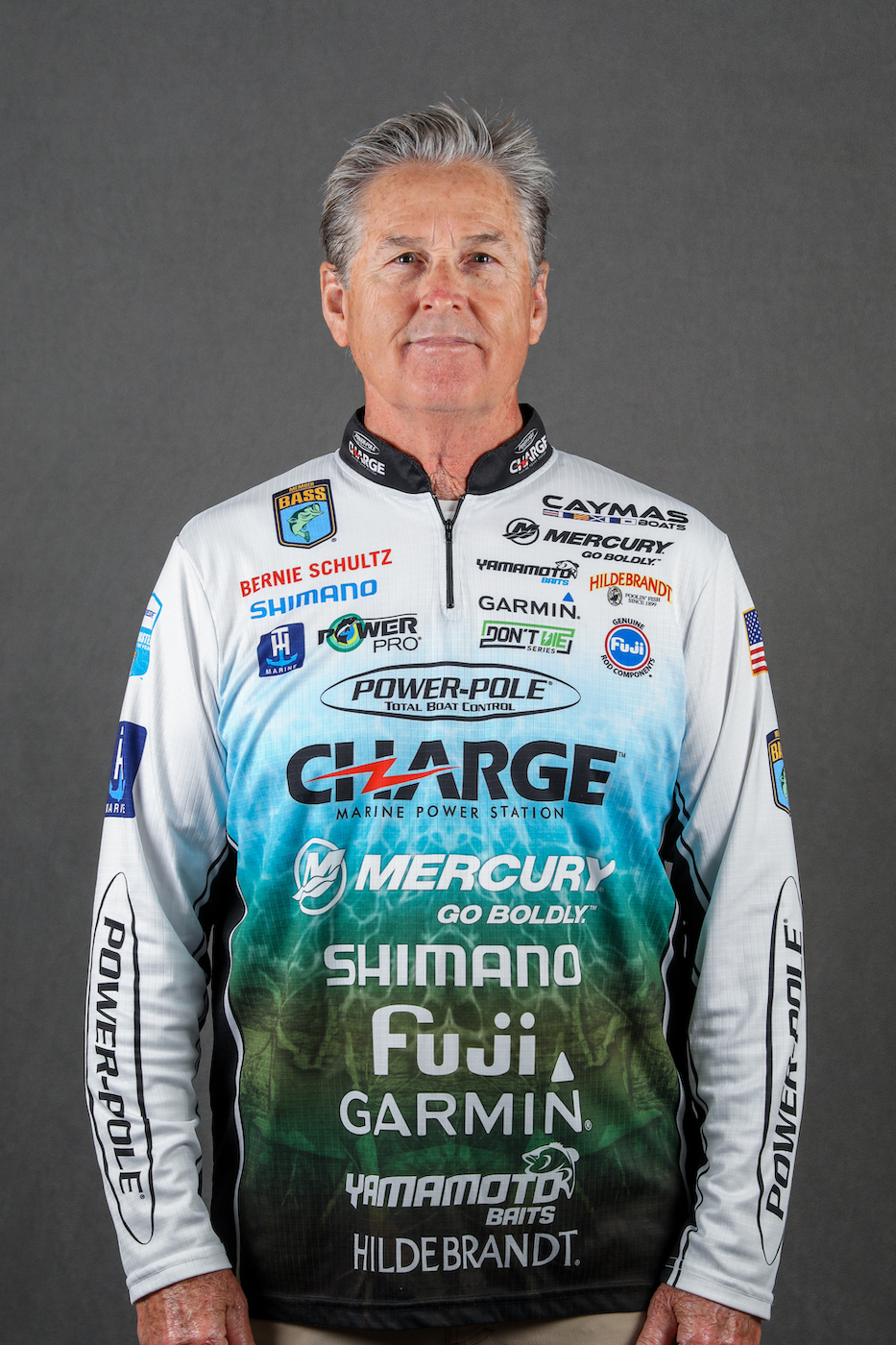
In tournament fishing, it’s about the competition. To keep the competition clean, we have rules. Follow them, and you’re fine. Break them, and you’ll pay a price. And that’s how it should be.
But what if a rule (as it relates to the law) is antiquated or not actually intended for the species you’re pursuing? Should it still apply?
Those were some of the questions asked by several top pros during the recent Bassmaster Elite Series event in Detroit, Mich. Tagged as the “no-snag” rule, it was actually intended to protect sturgeon and other endangered species of freshwater fish … not the black bass. But because the law was poorly defined, it encompasses other species as well.
Among those voicing a concern were Skeet Reese, Jacob Powroznik, Gerald Swindle and Rick Clunn. They argued that the law should not be applied to bass tournaments, particularly in those events where treble-hook lures are frequently used.
By the book
As prescribed by B.A.S.S. rules, competitors are required to abide by all state and federal laws — even if the definitions of those laws are dated or poorly written.
Tournament Director Trip Weldon agrees that the no-snag laws should not apply to black bass (except during the spawn), but because they remain on the books in certain states, B.A.S.S. is forced to abide by them.
This is not to say that intentionally snagging a bass should be tolerated under any circumstances. It’s just that when fishing with treble-hooked lures, it’s not uncommon for a bass to become inadvertently foul-hooked.
Skeet Reese argued that, until recently, B.A.S.S. has ignored these laws. It seemed it wasn’t until the tour frequented the fisheries of California, New York and Michigan that it became an issue.
Actually, it was brought to the forefront during the 2014 Bassmaster Classic on Lake Guntersville. During live coverage of the event, an observer noticed a foul-hooked fish caught by one of the contestants and then notified B.A.S.S. officials with the legalities involved. From that point forward, the tournament department has enforced the rule on whatever fishery it applies.
Industry impact
A concern Rick Clunn shares is how the law impacts certain lure manufacturers — in particular, hard-bait companies like Rapala, Luck-E-Strike, Megabass and Strike King.

These companies make lures with treble hooks, such as topwaters, jerkbaits and crankbaits — lures that occasionally foul-hook fish. If, because of the rule, pros endorsing these types of products are reluctant to use them during competition, then those companies could suffer substantial losses.
I agree with his assessment 100 percent. Our industry thrives on pro endorsements. Take some of that away, and the bottom line will suffer.
Clunn went on to say that if the law had been on the books in those states where he had won some of his tournaments, those victories would be erased from the record books … including some of his Bassmaster Classic victories!
Reality sets in
Let’s face it, it’s a common occurrence. Bass strike lures, sometimes with their mouths shut. And if the hooks are sharp enough, there’s a good chance those same fish may become foul-hooked.
And what about those fish that are hooked inside the mouth initially, but then manage to dislodge some of the hooks during battle? It happens all the time — they’ll engulf a lure, then thrash and jump, or scrape against subsurface objects in order to dislocate the hooks. If caught, it’s often by a barb or two on the outside of the head or body.

Then there are those fish that are flipped over the gunnel and come off in the air. According to the no-snag rule, unless it’s verified that the hook is inside a fish’s mouth, it must be released immediately.
Recognizing the problem, B.A.S.S. plans to have these laws redefined — so that they protect the species originally intended, but do not penalize anglers who have no intent to illegally snag bass or other gamefish. Through the efforts of the tournament department and B.A.S.S. Conservation Director, Gene Gilliland, that effort is already underway.
In the meantime, tournament anglers competing in those states that still enforce the law must abide. If you have an opinion on this issue, please sound off in the comments area below. The more support this movement gets, the better it will be for all of us.

